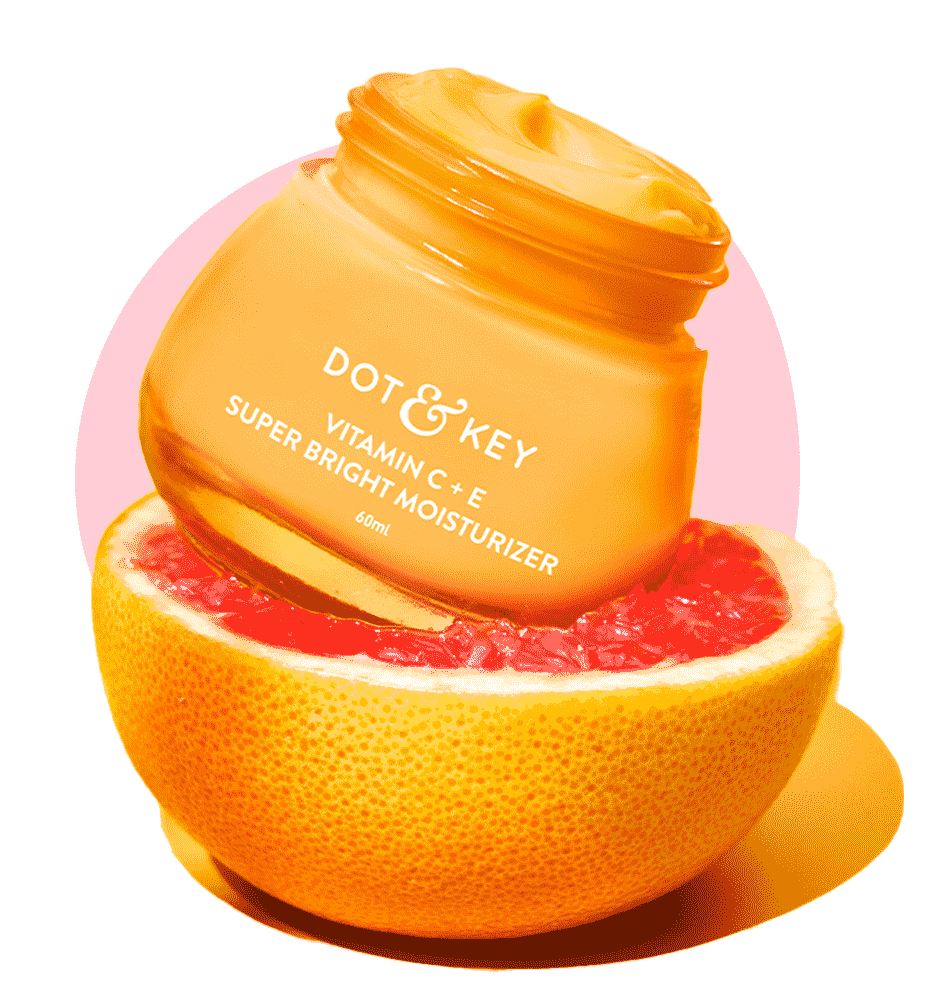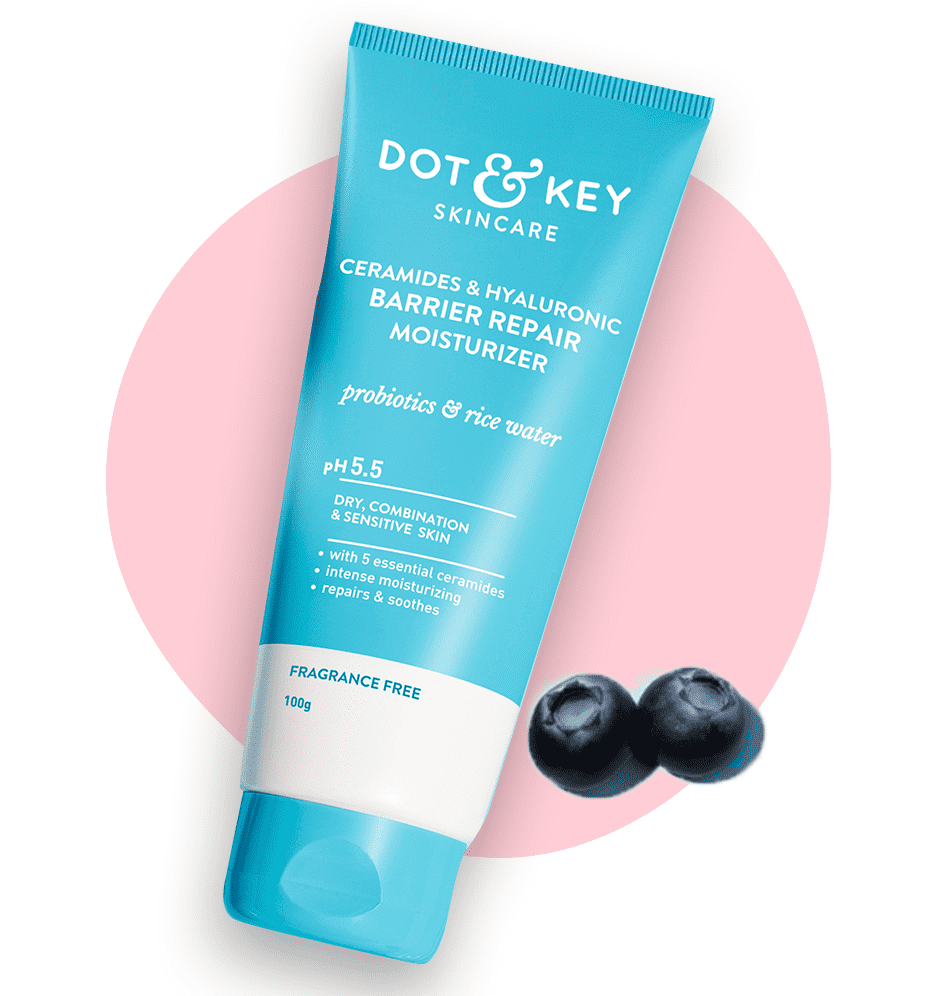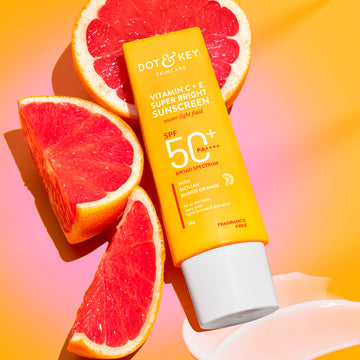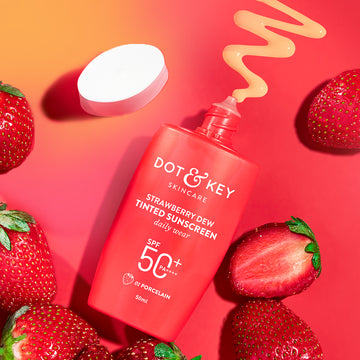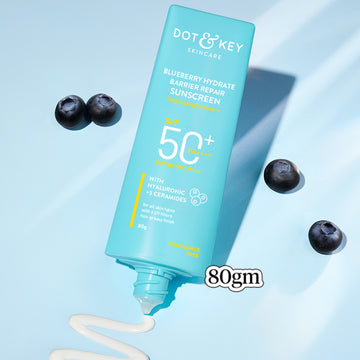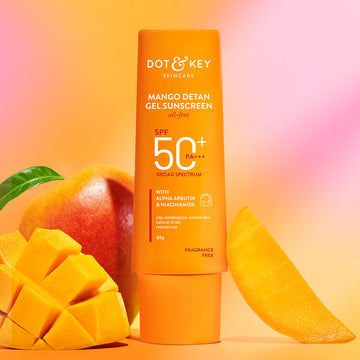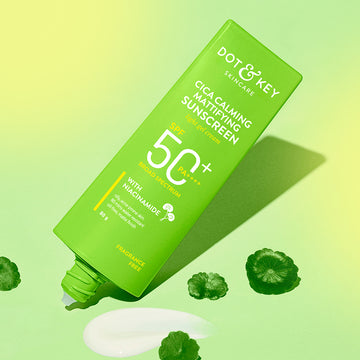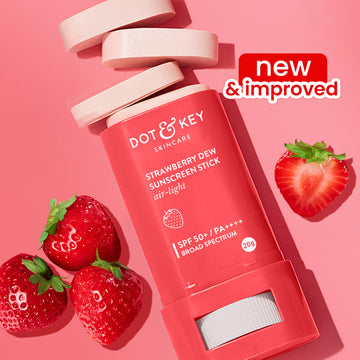
Hey there, sunshine! 🌞
If you’re just beginning your sunscreen journey, chances are you’ve seen the term SPF and wondered what all the fuss is about. Don’t worry—you’re in the right place! This beginner-friendly guide will break down exactly what SPF means, why it’s essential, and how to use it correctly so you can protect your skin like a pro.
Sunscreen is one of the most important steps in any skincare routine, and SPF is at the heart of it. But with so many numbers, labels, and myths floating around, it’s easy to get confused. That’s why we’re here to clear things up and give you the confidence to choose and apply sunscreen the right way.
What is SPF?
SPF stands for Sun Protection Factor, and it’s a measure of how well a sunscreen protects your skin from UVB rays—the kind of ultraviolet light that causes sunburn and contributes to skin cancer. But wait, there are two types of UV rays: UVA and UVB. Here’s a quick breakdown:
- UVB rays are the “burning rays” that damage the outer layer of your skin and cause sunburn.
- UVA rays are the “ageing rays” that penetrate deeper, leading to wrinkles, dark spots, and other signs of premature ageing.
SPF specifically measures protection against UVB rays. So, when you see “SPF 30” on a bottle, it tells you how much longer you can stay in the sun without burning compared to not wearing sunscreen at all. For example, if you’d normally burn in 10 minutes, SPF 30 theoretically allows you to stay in the sun for 300 minutes (10 minutes x 30). But don’t get too comfortable—no sunscreen blocks 100% of UV rays, and other factors like sweating or swimming can reduce its effectiveness.
Quick Tip: Look for “broad-spectrum” on the label! This means the sunscreen protects against both UVA and UVB rays, giving you more complete coverage.
Why is SPF Important?
You might be thinking, “Do I really need sunscreen every day?” The answer is a resounding yes! Here’s why:
- Sunburn: UVB rays can cause painful burns, especially if you’re fair-skinned.
- Premature Ageing: UVA rays break down collagen and elastin, leading to wrinkles, sagging, and dark spots.
- Skin Cancer: Both UVA and UVB rays increase your risk of skin cancer, the most common type of cancer worldwide.
And here’s the thing: everyone needs SPF. Even if you have darker skin and don’t burn easily, UV rays can still damage your skin cells and lead to long-term issues. Plus, SPF isn’t just for sunny days—UVA rays can penetrate clouds and windows, so you’re exposed even on cloudy days or while sitting by a window.
Fun Fact: Wearing SPF daily can keep your skin looking younger for longer. Think of it as your secret weapon against ageing!
Understanding SPF Numbers
Now, let’s talk numbers. You’ve probably seen SPF 15, 30, 50, and even 100. But what do they really mean?
- SPF 15: Blocks about 93% of UVB rays.
- SPF 30: Blocks about 97% of UVB rays.
- SPF 50: Blocks about 98% of UVB rays.
- SPF 100: Blocks about 99% of UVB rays.
Notice how the protection doesn’t double as the number goes up? That’s why dermatologists often recommend SPF 30 for daily use—it strikes a great balance between protection and cost. For longer outdoor activities or if you have very fair skin, SPF 50 is a solid choice. Anything beyond that offers minimal extra protection and might not be worth the extra bucks.
Pro Tip: Always choose a broad-spectrum sunscreen to ensure you’re protected against both UVA and UVB rays. If you’re curious about UVA protection, look for the PA rating (common in Asian sunscreens), where PA+++ offers high protection.
How to Choose the Right Sunscreen
Picking the perfect sunscreen can feel like a puzzle, but it doesn’t have to be! Here’s what to consider:
Type of Sunscreen:
- Chemical Sunscreens: Absorb UV rays and convert them into heat. They’re lightweight and great for daily use but may irritate sensitive skin.
- Physical (Mineral) Sunscreens: Reflect UV rays using ingredients like zinc oxide or titanium dioxide. They’re ideal for sensitive skin but can leave a white cast.
Skin Type:
- Oily Skin: Go for gel-based or mattifying sunscreens.
- Dry Skin: Look for moisturizing formulas with hydrating ingredients like hyaluronic acid.
- Sensitive Skin: Opt for fragrance-free, mineral-based options.
Additional Features:
- Water Resistance: Essential if you’re swimming or sweating.
- Non-Comedogenic: Won’t clog pores, perfect for acne-prone skin.
Label Lingo: Always check for “broad-spectrum” and the SPF rating. If you see “dermatologist-tested,” that’s a bonus!
How to Apply Sunscreen Correctly
You’ve got your sunscreen—now let’s make sure you’re using it right:
How Much to Use:
- Face: About 1/4 teaspoon or two finger lengths of product.
- Body: Roughly 1 ounce (a shot glass full) for full coverage.
When to Apply:
- Apply 15–30 minutes before sun exposure to let it absorb.
- Reapply every 2 hours, or immediately after swimming or sweating.
Don’t Forget:
- Ears, neck, hands, and even your lips (use a lip balm with SPF).
Skincare Routine Order:
- Apply after moisturizer but before makeup.
Common Mistakes:
- Using too little product (more is better!).
- Forgetting to reapply throughout the day.
- Relying on makeup with SPF—it’s not enough on its own.
Conclusion
Now you’re equipped with all the SPF smarts you need to protect your skin confidently and effectively. Remember:
- Wear broad-spectrum SPF 30 or higher daily.
- Apply it generously and reapply often.
- Choose formulas that suit your skin type and lifestyle.
Whether it’s sunny, cloudy, or somewhere in between—make sunscreen your non-negotiable skincare essential. Your future self (and skin) will thank you!
FAQs
Do I need sunscreen indoors?
Yes, you do! While it might seem counterintuitive, UV rays—especially UVA rays, which cause ageing and can contribute to skin cancer—can penetrate through windows. So, even if you’re sitting inside all day, you’re still exposed to some level of UV radiation. Bottom line: make sunscreen a daily habit, even indoors.
Can I use body sunscreen on my face?
Technically, yes, but it’s not always the best idea. Body sunscreens are formulated for thicker skin and might contain ingredients that are too heavy or pore-clogging for your face, leading to breakouts or irritation.
Does SPF expire?
Absolutely. Like most skincare products, sunscreen has a shelf life. Over time, the active ingredients that protect your skin from UV rays can degrade, making the sunscreen less effective. Most sunscreens have an expiration date printed on the bottle, so always check that before applying.
Is higher SPF always better?
Not necessarily. While it’s true that higher SPF provides more protection, the difference isn’t as dramatic as you might think. For example:
- SPF 30 blocks about 97% of UVB rays.
- SPF 50 blocks about 98%.
- SPF 100 blocks about 99%.
So, the jump from SPF 30 to SPF 50 only gives you an extra 1% of protection. Plus, no sunscreen blocks 100% of UV rays. What’s more important than chasing super-high SPF is applying enough sunscreen and reapplying it regularly. Dermatologists generally recommend SPF 30 for daily use and SPF 50 for extended outdoor activities.
Can I skip SPF on cloudy days?
Nope! Clouds don’t block UV rays effectively—up to 80% of UV radiation can still reach your skin on a cloudy day. UVA rays, in particular, are consistent throughout the day and year, regardless of the weather. So, whether it’s overcast, rainy, or even snowy, you should still wear sunscreen.







